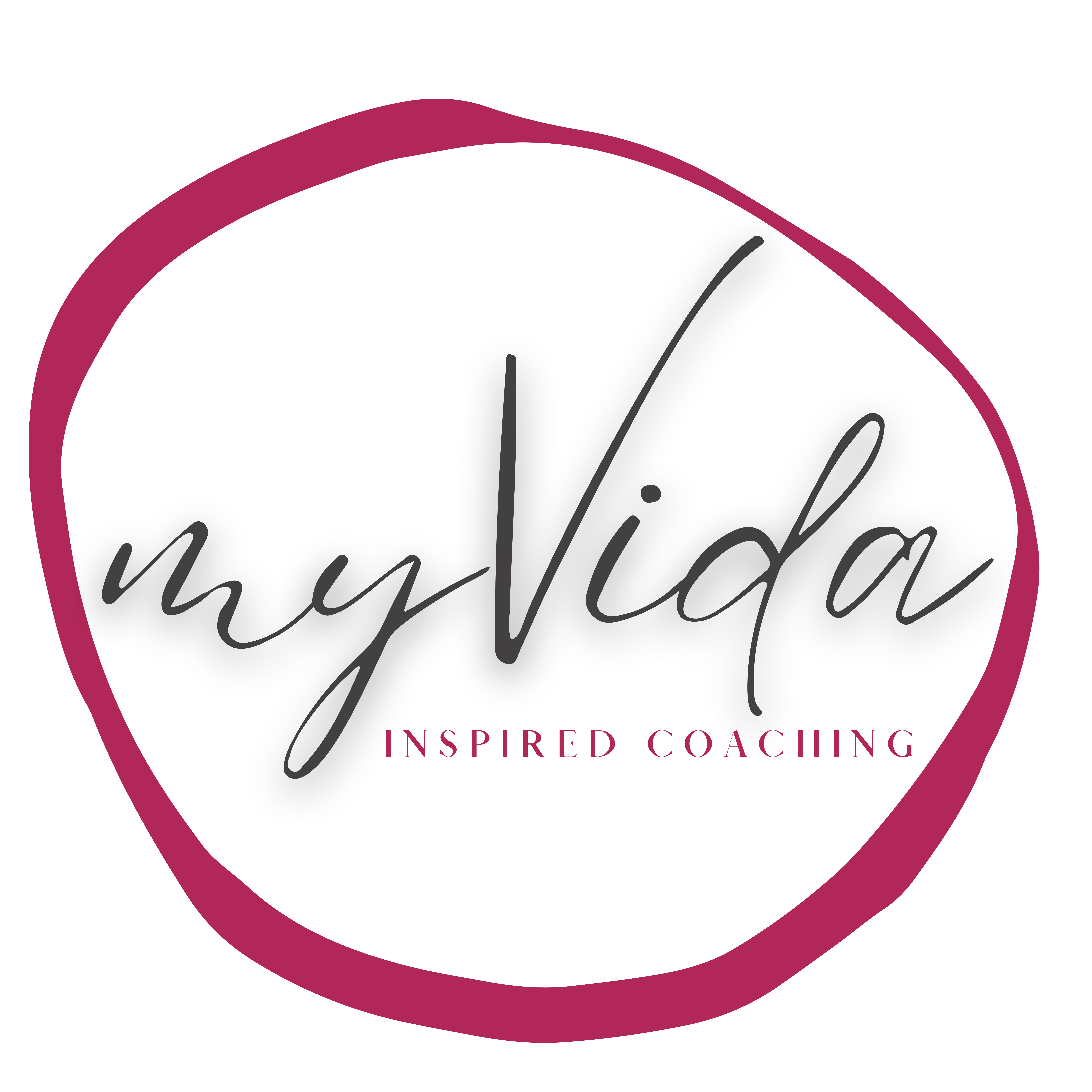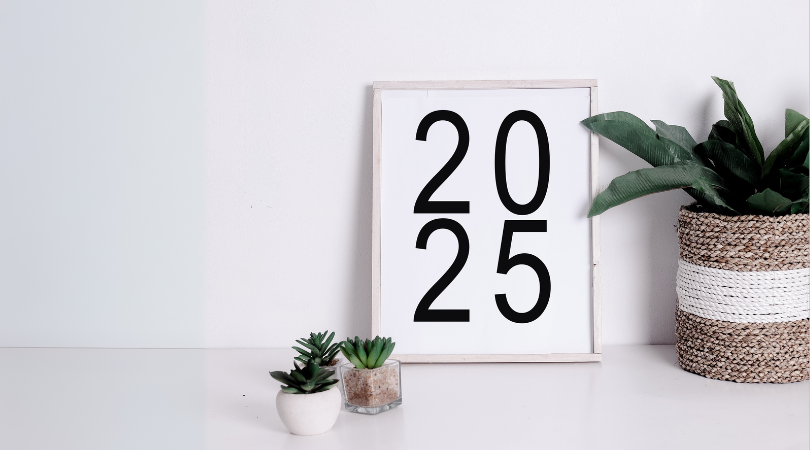The words that we attach to our experience become our experience.
The way we speak is so much a reflection of how we think that when we change our language, we change how we feel, think and act. I have become more aware of my language and the impact this language has emotionally, mentally and physically. I used to use the word ‘should’ a lot. Without conscious awareness, it would regurgitate out of my mouth with great ease, guilt and even shame. My mind silently or loudly would, throughout the day, recite a list of shoulds.
‘I should meditate every day’, ‘I should be happier after all my life is good’, ‘I should exercise more’, ‘I should be grateful for my job’, ‘I should keep my house clean all the time’, ‘I should drink less’, ‘I should lose weight’, ‘I should get up earlier’, ‘I should be more successful’ and on and on it went. As the recital grew in strength, my energy and enthusiasm diminished.
The strange thing is I didn’t even know I was doing this until I committed to being aware of the words I used to express my experiences. Then, I realised the simple word ‘SHOULD’ has a huge punch. It implies the existence of authority outside of self that must be pleased and continuously calls out, ‘You are not good enough’, ‘You have got it wrong’.
If I state that I should get up early, I am also implying I am not up early; therefore, I am doing something wrong. It reinforces my inadequacies rather than encouraging me to be or do something. When should governs our attention, it is focused on what is missing, lacking, wrong, insufficient, or not up to standard.
Try it for yourself. Repeat one of your familiar shoulds and notice how you feel. Then change the should word to a more empowering word as in the example below and see any change.
Example: ‘I should meditate every day.’
Reframe: ‘I want to meditate every day’, ‘I will meditate every day’, ‘I am happy to meditate most days’, ‘I won’t meditate every day’.
When we use an empowering expression, we are the person in authority with the ability to choose.
So next time you hear yourself or another expressing you should ask yourself – who said I should?
How different might you be without a should in your life?




